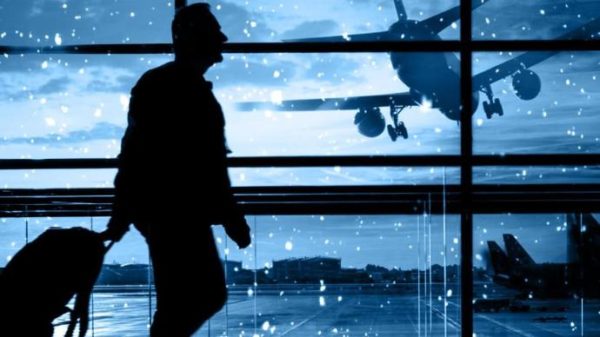 Travelers are canceling everything.
Travelers are canceling everything.
If you’re an American scheduled to travel soon, here’s what EWT, other travel brokers and local African vendors, are considering in response to the coronavirus.
American wholesalers as well as retail travel agents, and African vendors (hotels, lodges, transport, etc.) are beginning to offer alternatives to existing sales contracts with consumers that will offer them ways to avoid losing all their investment.
Of course this presumes the consumer intends to cancel. Statistics out of Africa are rarely reliable and often out-of-date. Good statistics from the U.S. Office of Tourism & Travel have a four-month lag. The first coronavirus news was in January, so it will be May or more likely June before good statistics are available.
We don’t need good statistics.
I spent the last week contacting friends and vendors throughout sub-Saharan Africa. Even travelers coming from places like Australia, where travel through Europe or Asia is unnecessary to get to Africa, the market has tanked.
Unfortunately we’re way beyond asking the question, “Should you cancel?” Besides being nearly impossible to answer, the question doesn’t seem to matter, anymore.
“No-shows” on African holidays are increasing proportionately with the cases of reported virus in the countries from which the travelers originate.
That means the only reliable metric we have for determining no-shows and cancellations is the metric of virus expansion.
Here are the main reasons travelers are canceling trips to Africa from the U.S.:
1. Fear of contracting the virus while on an airplane.
2. Fear of travel disruption as flights are cancelled, rescheduled or rerouted.
3. Fear of being able to return home normally. Inept governments like the Trump administration might respond to increased infection with erratic policy. This might include, for example, banning travel from certain places for questionable reasons or instituting problematic quarantine.
4. Fear of a disruptive vacation as African vendors go bankrupt or fear going bankrupt.
These are all legitimate fears. Notably, the vast majority of American travel insurance will not cover any of them because they don’t cover “fear.” Worse, the vast majority of American travel insurance does not cover pandemics. Coverage does exist for contracting Covid19 (or any other virus that disables reasonable travel), but “fear” of contracting that virus is not covered.
That puts travelers in an untenable position when deciding what to do based on their available insurance, when the virus is more contagious than any previously known one.
The blame for the current situation in my view rests collectively on us all. We allowed climate change, global economies, greedy insurance companies and widely spread misinformation to get out of hand. We’re all responsible for this.
It only makes sense, then, that everyone shares the misery.
This begins in my view with offering to abrogate temporarily all existing arrangements between the consumer, the brokers and the ultimate service providers for a new offer. This is precisely what my conversations with others in the industry have also suggested.
New offers will share the misery among all the players.
The details of these offers are being worked out all over the world right now. Travelers should prompt their sellers for them and be prepared to view them empathetically. It makes little sense that only one sector suffers.
This is not a time to seek advantage. Stonewalling by the vendor is certain death and stonewalling by the consumer will likely result in a total loss.
Travel has always been an odd capitalistic product. It’s one that’s paid for before receiving, at least at the consumer’s level. It’s usually funded by the last disposable income, both from consumers and investors that can actually prosper on cash flow rather than earnings.
The result of all this finagling is an industry that has always struggled to achieve an ethical reputation.
It’s time to change that.